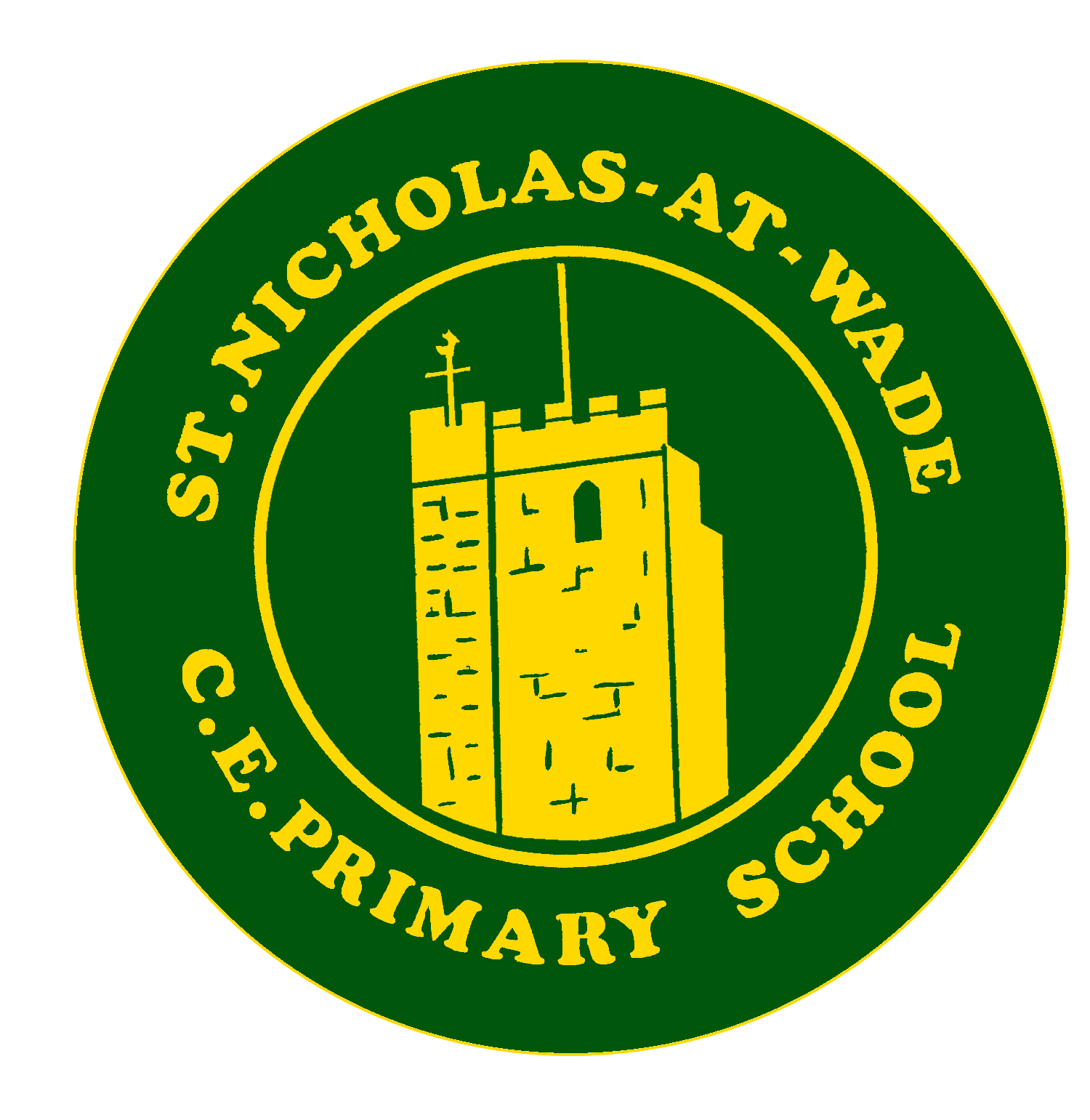Religious Education
INTENT
|
At St Nicholas at Wade we believe that Religious Education contributes dynamically to children’s education in schools by provoking challenging questions about meaning and purpose in life, beliefs about God, ultimate reality, issues of right and wrong and what it means to be human. In RE, all pupils learn about and from religions and worldviews in local, national and global contexts, to discover, explore and consider different answers to these questions. All children are given opportunities to gain and use the skills needed to understand, interpret and evaluate texts, sources of wisdom and authority and other evidence. We aim to equip pupils with systematic knowledge and understanding of a range of religions and worldviews, enabling them to develop their ideas, values and identities, so that they can participate positively in society, in light of its diversity. They learn how to articulate clearly and coherently their personal beliefs, ideas, values and experiences while respecting the right of others to differ. They will develop the skills to engage in dialogue, expressing their insights respectfully. “'Love the Lord your God with all your heart and with all your soul and with all your mind. This is the first and greatest commandment. And the second is like it: 'Love your neighbour as yourself. '” Mark 12:28-34 IMPLEMENTATION |
||||||
|
As a school, we follow the Kent Agreed Syllabus for Religious Education. This incorporates Understanding Christianity and is taught throughout each key stage. In addition, pupils study the principal religions of Islam, Hindu Dharma, Sikhi and Judaism. Non- religious worldviews are also a focus of study, including Humanism, How should we care for others and the world and why does it matter? and What can be done to reduce Racism? Can religion help? Through their RE learning, pupils will explore big questions about life, in order to find out what people believe and what difference this makes to how they live, so that they can make sense of religion and worldviews, and reflect on their own ideas and ways of living.
In EYFS, pupils encounter religious and non-religious worldviews through special people, books, times, places and objects and by visiting places of worship. They listen to and talk about stories. They are encouraged to ask questions and reflect on their own feelings and experiences. They use their imagination and curiosity to develop their appreciation of, and wonder at, the world in which they live.
KS1 Pupils develop their knowledge and understanding of religious and non-religious worldviews, recognising their local, national and global contexts. They use basic subject specific vocabulary. They are encouraged to raise questions and begin to express their own views in response to the material they learn about and in response to questions about their ideas.
KS2 Pupils should extend their knowledge and understanding of religious and non-religious worldviews, recognising their local, national and global contexts. They are introduced to an extended range of sources and subject specific vocabulary. They are encouraged to be curious and to ask increasingly challenging questions about religion, belief, values and human life. They learn to express their own ideas in response to the material they engage with, identifying relevant information, selecting examples and giving reasons to support their ideas and views.
We value the religious background of all members of the school community and treat others with respect and sensitivity. Within their learning, this is supported through the introduction of The Golden threads, where comparisons can be made to support complex ideas and retain ‘Sticky Knowledge.’ We promote teaching in Religious Education that stresses open enquiry and first-hand experiences wherever possible. We value the links we have with our local Church and are able to utilise workshops to support the Understanding Christianity units. We are extremely lucky that visitors regularly come to our school to support with Collective Worship. RE assessment has been developed around hexagonal thinking, which allows children to think critically, make connections, debate, and provide evidence to support their reasoning. Alongside this end of unit summative assessment, a document is completed to identify those who are emerging, expected or exceeding the unit’s outcomes. This also identifies the skills which have been used at each level. IMPACT |
||||||
|
At St Nicholas at wade, children enjoy a high-quality provision of Religious Education, which prepares them to be open and sensitive to the views and beliefs of others. Children enjoy learning about other religions and why people choose, or choose not to follow a religion. This provides the foundations for understanding the world in which they live. This success is measured through our assessment procedures and also through allowing children to voice their ideas and opinions related to their learning experience.
Through their R.E. learning, children are able to make links between their own lives and those of others in their community and in the wider world, and is invaluable in developing an understanding of other people’s cultures and ways of life. When children leave primary school, our curriculum prepares them for a life in an increasingly changing world, with the tolerance and sensitivity to be a positive member of the community. |
